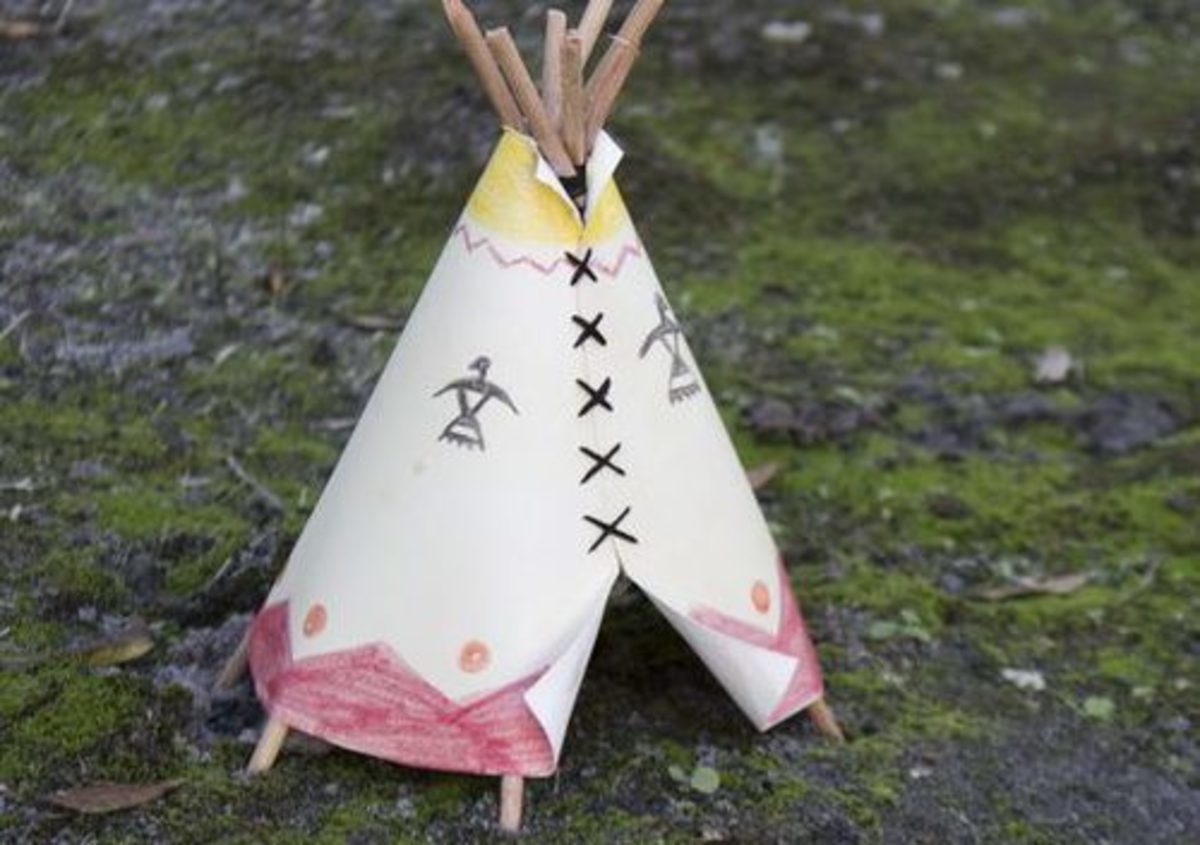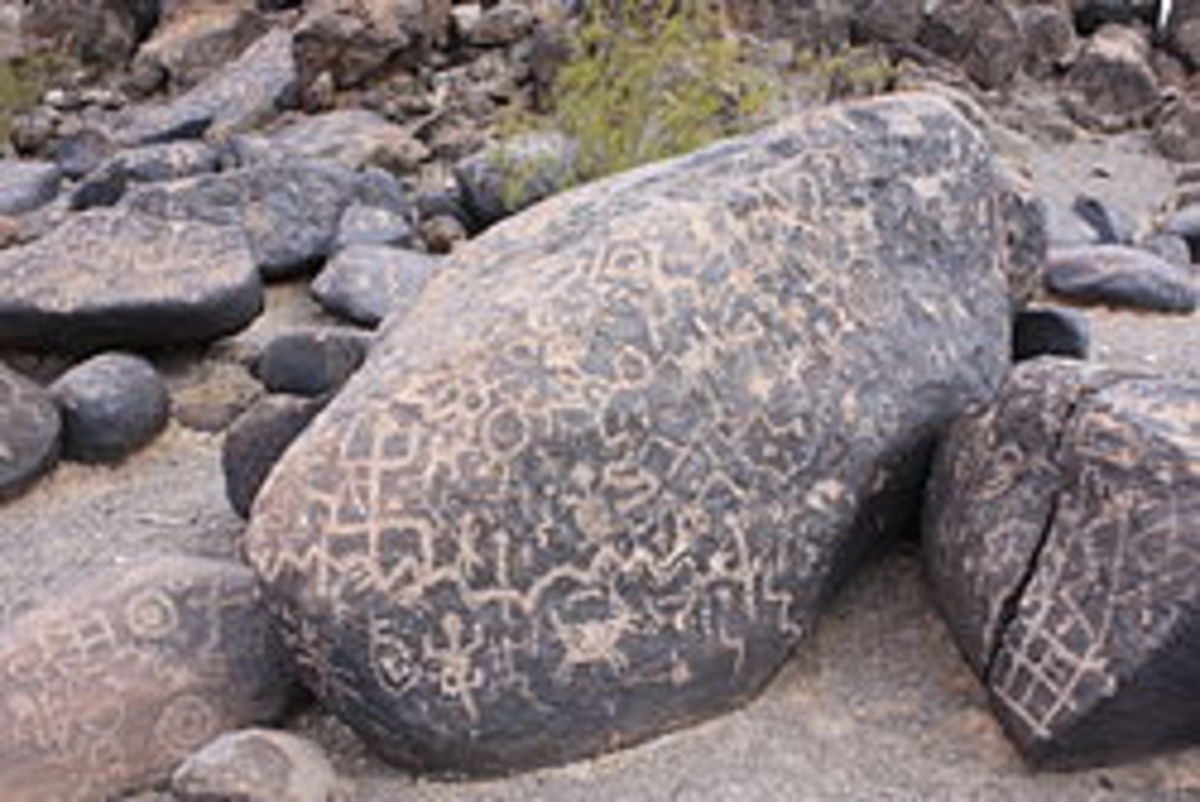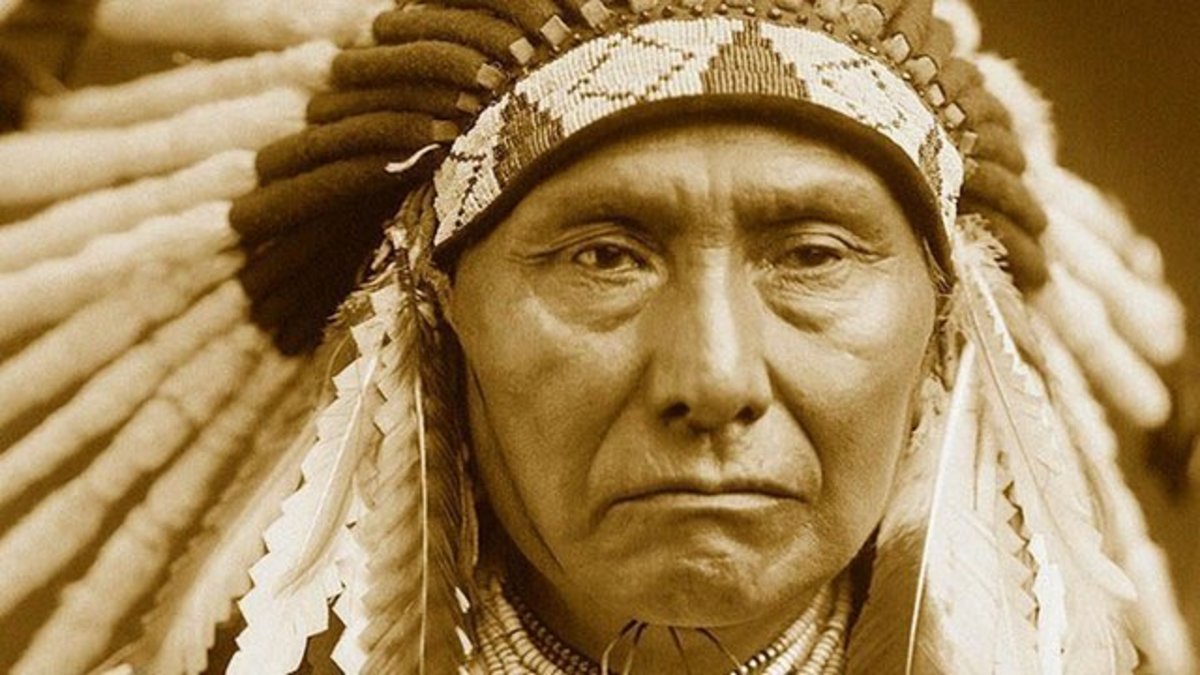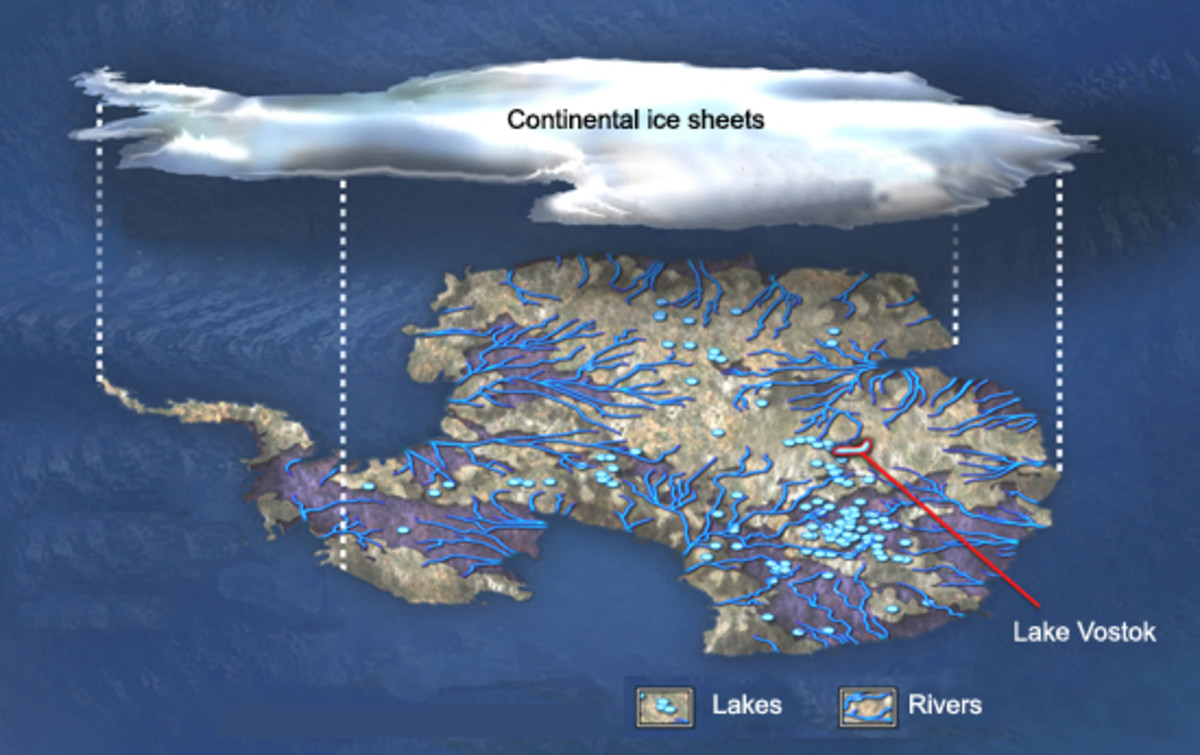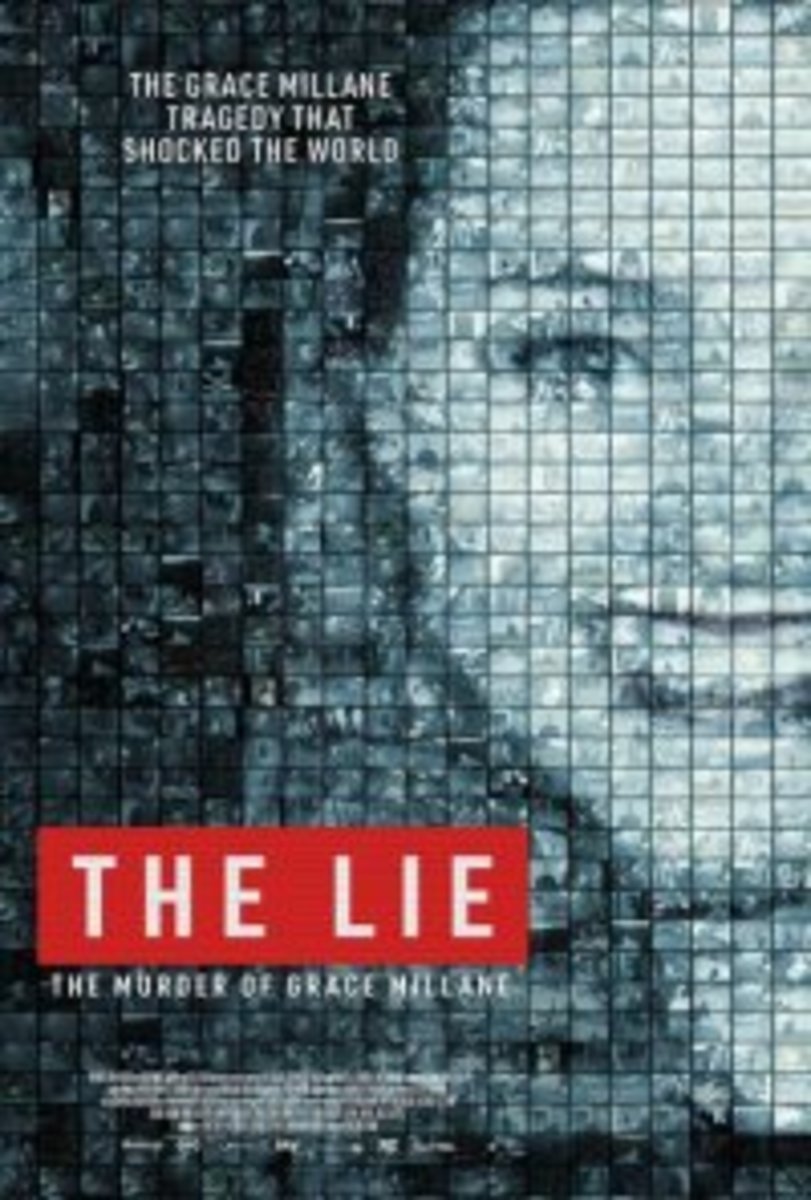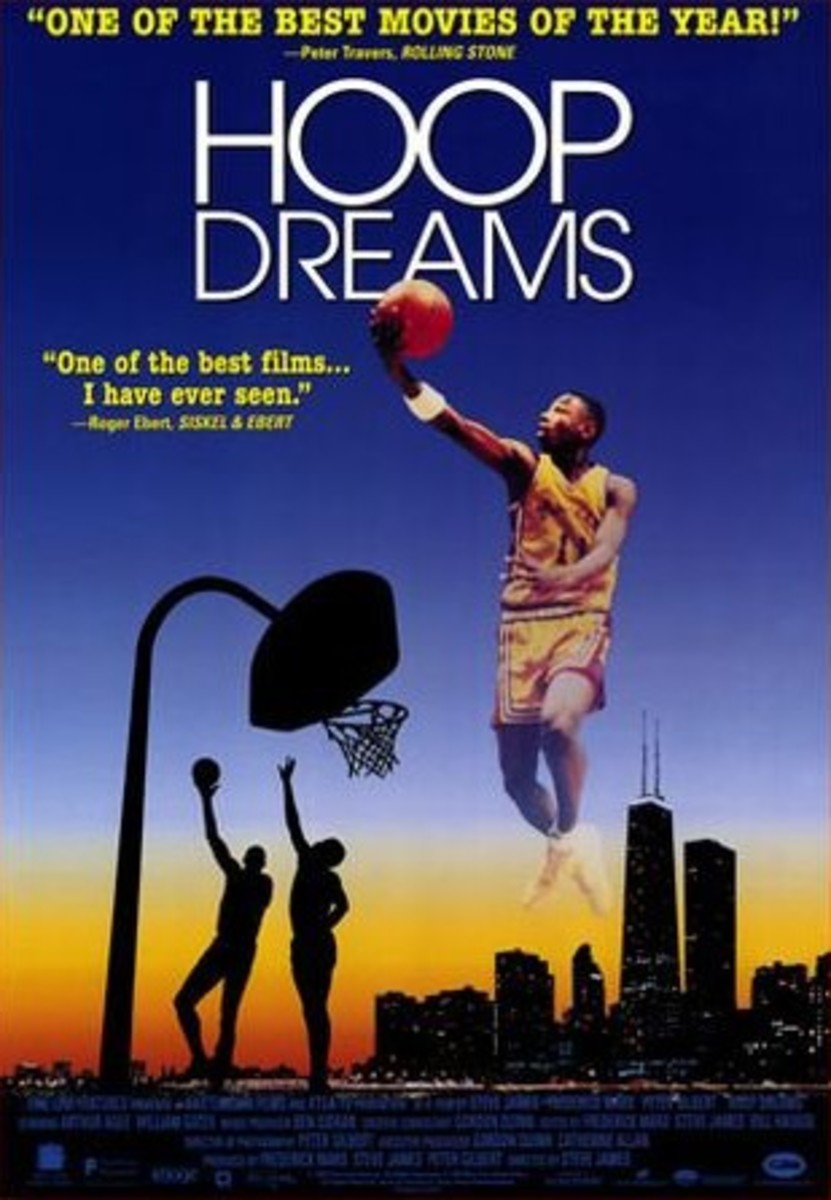"Homeland"- A Documentary on Native American Culture, Environmental Destruction, and Broken Treaties

A Personal Review
Having been involved with Native American rights issues for many years, the video "Homeland" was on my need-to-watch-list and I finally did. This amazing documentary was released in 2005 but is still completely relevant today. The plight of Native Americans and reservation lands hasn't improved. If anything, it is worse now than it was in 2005 when Homeland was released.
Produced by The Katahdin Foundation and directed by Roberta Grossman, this is likely the most moving story I've seen documented. Four Native American tribes whose lands have been polluted or stolen in the name of progress are highlighted but, it is the story of only four Tribes, and not the end of the story. Many Tribes are fighting against big oil, coal, or uranium mining companies and for most, their story may never be told. They are, and will continue to be, a vanishing race due to disease or, from being squeezed into assimilation. Homeland shows the strength of the People to fight for their right to remain sovereign nations, in charge of their own futures.
History shows that the European invasion forced many large and small groups of American Indians from the territories that provided food and shelter for their ancestors. Those lands were selected not randomly, but because they were thought to be barren, useless lands. As the greed of the big energy companies grew, reservation land has decreased in size. The promises made to the inhabitants of those lands are unfulfilled promises - broken treaties.
Homeland Movie Trailer from Youtube.com
Homeland tells the story of:
- the Penobscot Indians and the Penobscot River where illegal dumping of waste water by the paper mill bordering Penobscot land continues. Polluted with dioxin, phosphorus, and other by-products of the paper industry, the fish in the Penobscot River are no longer safe to eat and skin exposure to the river water causes lesions that are difficult to heal. The paper mill has avoided any regulation or responsibility for the dumping on Indian lands.
- the Navajo Indians in New Mexico where mining is threatening to pollute the only source of drinking water with uranium, a deadly toxin.
- the Gwich'in Indians of Alaska, who are fighting big oil companies whose drilling will destroy the birthing grounds of the caribou herds, the primary source of food for the Gwich'in people. The cariboou breeding grounds are considered sacred among the Gwich'in People. To protect the caribou, the Gwitch'in People are standing up to drilling in the Arctic National Wildlife Refuge.
- the Northern Cheyenne Indians of Montana who are losing their land to the methane gas well industry that pollutes natural water sources and renders much of the surrounding land barren and nutrient deficient; unsuitable for farming.

A Five Star Film You Must See
Homeland is a film that should be seen by every CEO of every large corporation in the world. Native People were forced onto these lands by Treaties, agreements made between the U.S. Government and Tribal governments. Those Treaties must be honored. Instead, the land is being stolen again and the health and cultural lifestyle of the People destroyed.. The People from these four Indian communities have organized and are standing up to the beast. Homeland emphasizes the loss they have suffered at the hands of corporations and broken treaties. Their stories are inspirational and should motivate the U.S. government and multi-national energy companies to seek alternative sources of energy that are eco-friendly/safe. Greed and energy should never overshadow the promises (Treaties) that were made when original Indian territories were stolen. Homeland beautifully demonstrates the traditional philosophy of our relationship to the land and our responsibility to preserve and protect it. This is a five star documentary with breathtaking landscapes and an amazing display of the strength of the human spirit. Homeland will bring you to tears and then inspire you to get involved in creating change.
© 2012 Linda Crist, All rights reserved.

